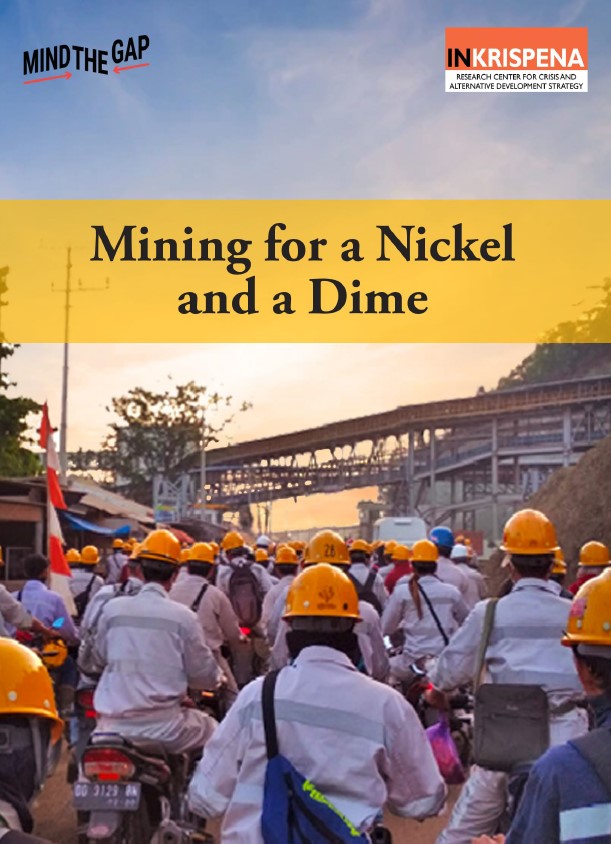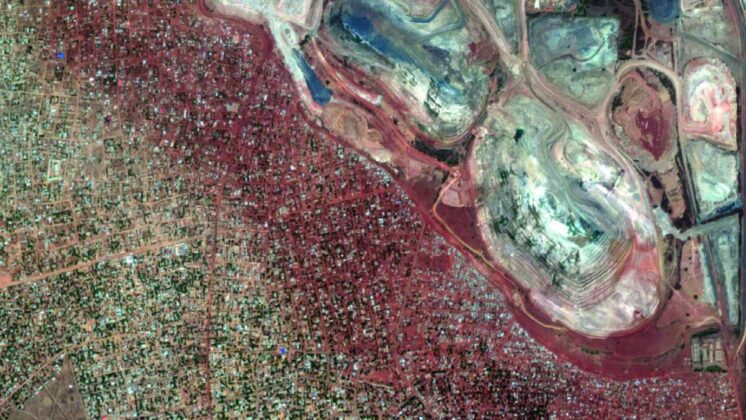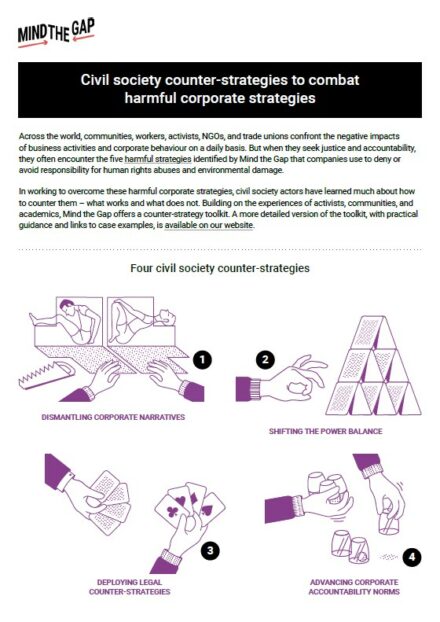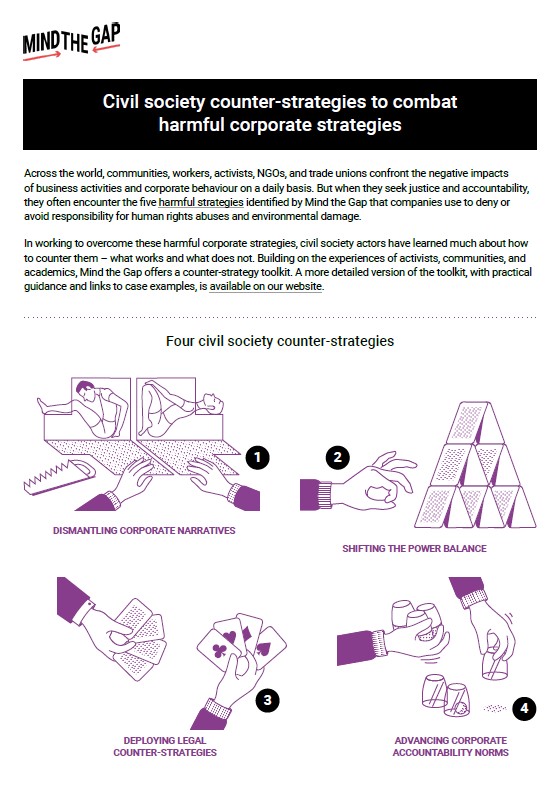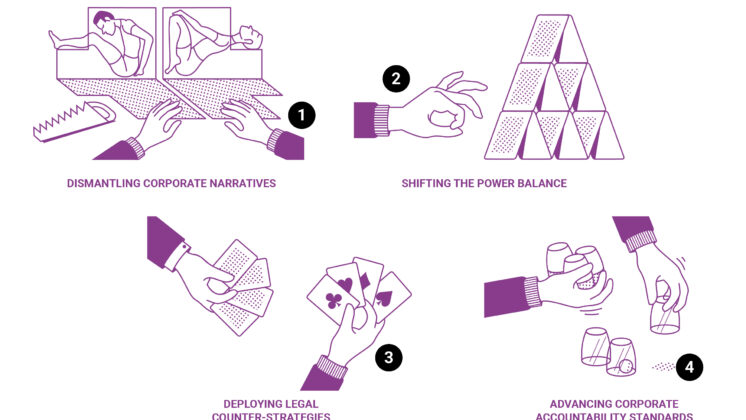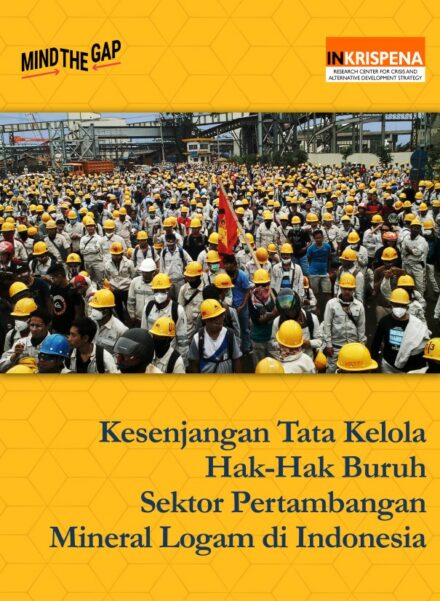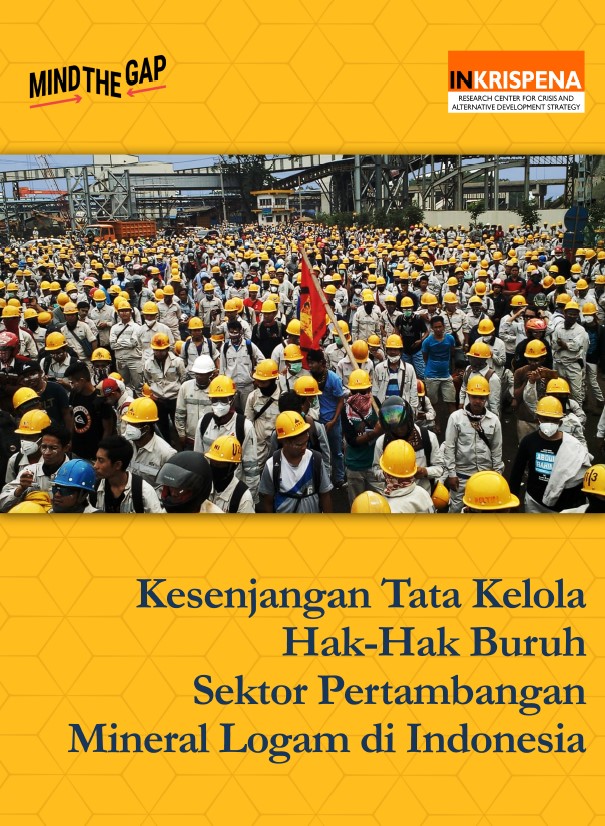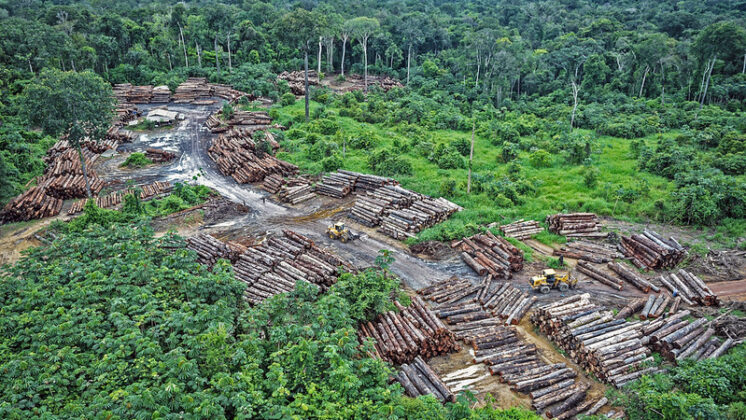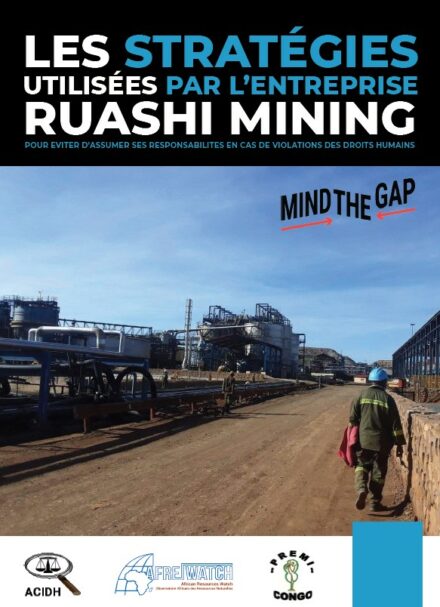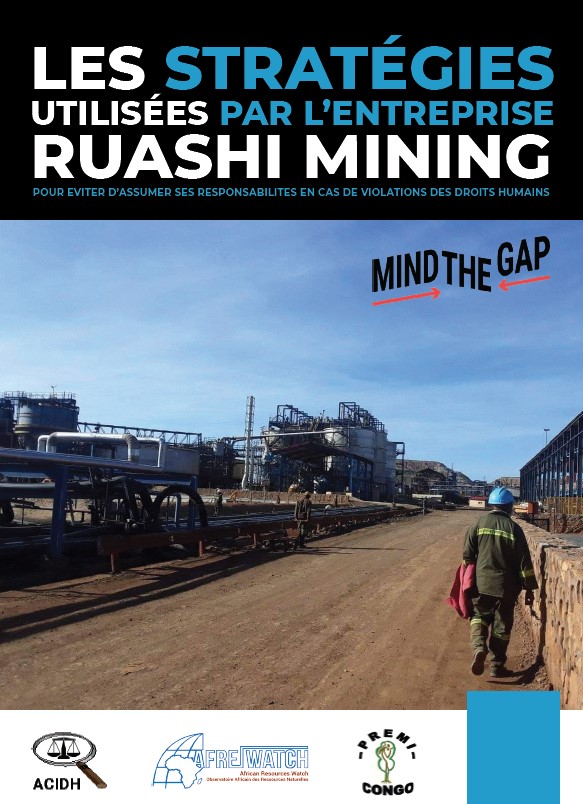How worker rights are undermined at IMIP
The increase in global demand for electric vehicles (EV) has reshaped the market for key resources needed to produce these vehicles, with significant impacts on the economies of some countries that produce or export these resources. Nickel – a silvery white metal that is often used to strengthen alloys such as stainless steel – is an important component of the lithium-ion batteries used for EVs. Indonesia has the largest nickel reserves and is one of the largest nickel-producing countries in the world, with easily accessible laterite nickel ore deposits. The growth in demand for EVs has had a strong impact on Indonesia’s mining economy.
As nickel is an important driver for economic growth, Indonesia has drawn up a national plan for developing and increasing its domestic capacity to process nickel ore into various forms of finished product. Non-tax state revenues from the nickel sector have increased in recent years, from € 120 million in 2019 to € 174 million in 2020. Output in Indonesia is fast increasing with 34 per cent more nickel coming from the mines in 2021 than in 2020. In the first two months of 2022, production was already up by 38.2 per cent compared with the same period in 2021. In 2021, Indonesia produced about 1 million metric tons of nickel, which is about 37 per cent of the global nickel production.
Almost all of Indonesia’s nickel goes to China, which currently dominates the global EV market and is also a major player in the mining of metals necessary for the production of batteries for EVs. In Indonesia, China’s presence is very visible in the Morowali industrial zone, an important nickel mining area and processing zone in Central Sulawesi. This report uses the Mind the Gap framework to analyse the responses of the companies to workers and unions, and concludes with options for using the Mind the Gap counter-strategies at Morowali.
read more less
